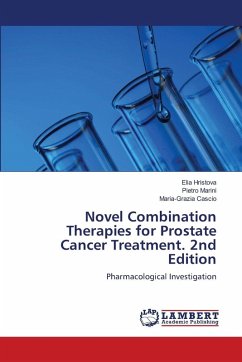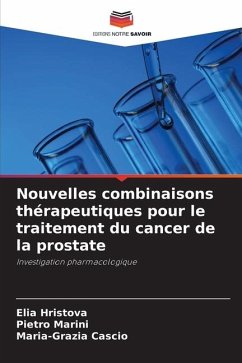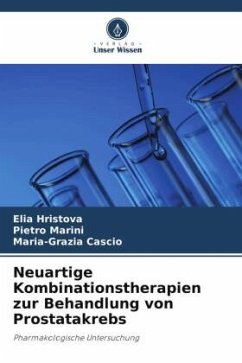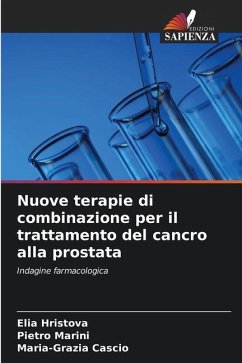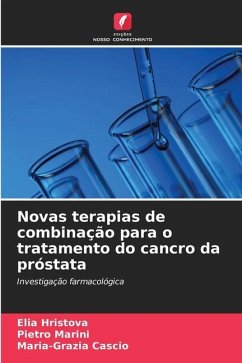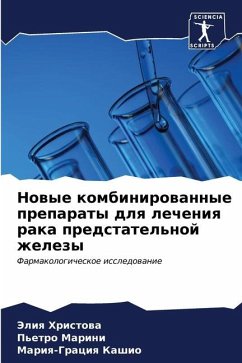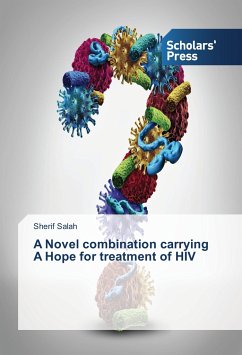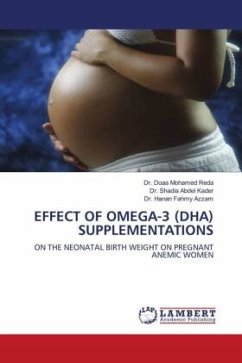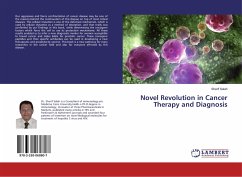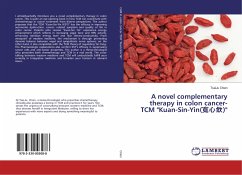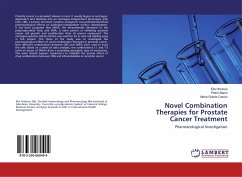
Novel Combination Therapies for Prostate Cancer Treatment
Pharmacological Investigation
Versandkostenfrei!
Versandfertig in 6-10 Tagen
24,99 €
inkl. MwSt.

PAYBACK Punkte
12 °P sammeln!
Prostate cancer is a prevalent disease in men. It usually begins as androgen-dependent and develops into an androgen-independent phenotype with time. CBG, a known serotonin receptor antagonist, has potential beneficial pharmacological effects on androgen-independent tumour development. It has been proposed that DHEA, the ethanolamide derivative of the polyunsaturated fatty acid DHA, is more potent at inhibiting prostate cancer cell growth and proliferation than its parent compound. The androgen-sensitive LNCaP cell line was used for an in vitro cell viability assay in this project. The focus o...
Prostate cancer is a prevalent disease in men. It usually begins as androgen-dependent and develops into an androgen-independent phenotype with time. CBG, a known serotonin receptor antagonist, has potential beneficial pharmacological effects on androgen-independent tumour development. It has been proposed that DHEA, the ethanolamide derivative of the polyunsaturated fatty acid DHA, is more potent at inhibiting prostate cancer cell growth and proliferation than its parent compound. The androgen-sensitive LNCaP cell line was used for an in vitro cell viability assay in this project. The focus of the study was to investigate the pharmacological effects of novel combination therapies in prostate cancer. Nine different combinations between CBG and DHEA were used to treat the cells. Based on a series of data analyses, the combinations 1:1 and 1:5 (with an excess of DHEA) show a promising synergistic type of interaction. This work should support researchers to establish the precise effect of drug combinations between CBG and ethanolamides on prostate cancer.



